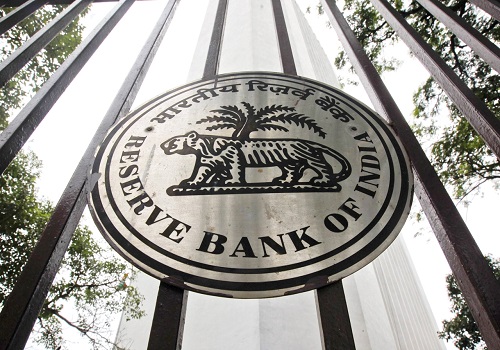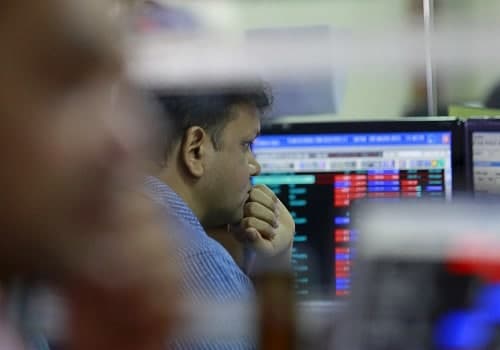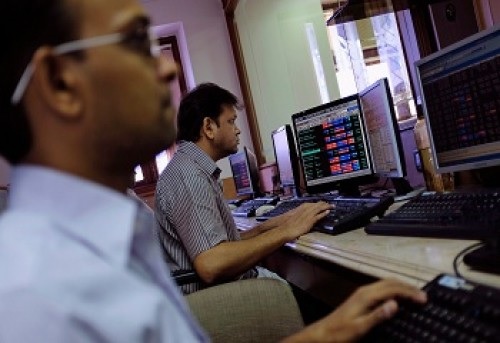View on Market Amid BJP's Coalition: Economic Reforms and Financial Outlook by Jitendra Gohil, Chief Investment Strategist, Kotak Alternate Asset Managers

Below the View on Market Amid BJP`s Coalition: Economic Reforms and Financial Outlook by Jitendra Gohil, Chief Investment Strategist, Kotak Alternate Asset Managers
“The ruling BJP is set to win about 240 seats and will have to take support from allies like TDP, JDS and others to reach the majority mark of 272+ seats. While most likely the NDA will form the government with Mr. Modi as the Prime Minister (BJP alone got more seats compared to the whole INDIA alliance). However, there is still a thin possibility of an adverse outcome. The market won’t like this uncertainty and we expect more correction of about 5% before the market settles.
Coalition government and economic reforms: The perception that India needs a strong majority government to pursue economic reforms isn't entirely accurate. The coalition governments have also enacted difficult economic reforms in the past. When the BJP came into power with a full majority in 2014, the government announced the land reform bill but retreated after facing opposition criticism with “suite-boot ki sarkar” jibe. Similarly, the farm bills, which could have significantly boosted growth, were withdrawn due to pressure and protest despite BJP had full majority. Other reforms like IBC, PSU disinvestment, labour, and PLI schemes have also seen slow progress. In contrast, the government did implement the controversial demonetization of high-value notes in November 2016, just before the UP elections, which could have been very difficult to implement in a coalition government.
The BJP manifesto says more of the same, and the NDA can do it: The government has done a very good job in controlling inflation and maintaining financial stability during these difficult times. This, coupled with assertive foreign policies, has propelled India onto a significantly better growth trajectory. In our view, it is too early to assume that the weaker mandate will lead to a change in policy stance, or that the government will resort to populist measures. We expect the new government will continue to focus on making India a more stable investment destination. In fact, central government capital capex seems to be peaking, and the robust revenue collection could naturally be directed to boost savings in the coming years. Policies promoting financial inclusion, Make in India, export growth, defence modernization, Ayushman Bharat, and reasonably high capex spending, as well as business-friendly policies, are likely to continue, in our view.
Impact on the financial market: a) Equity: We expect further correction in the equity market, with a rotation towards defensives. Pharma, FMCG and IT could see outperformance in the near term. We also like private banks post this correction and believe they are the well-positioned. PSUs and Defense sector can see further correction before stabilization. b) Fixed Income: We recommend adding duration to portfolios opportunistically. We believe India’s macro fundamentals will remain strong, and the focus will continue to be on financial stability. Hence, we expect yields to head lower, albeit slower than earlier anticipated c) The INR could experience near-term volatility, but we believe it may depreciate at a slower rate than the historical average of around 4%. Weaker dollar fundamentals against India’s improved fundamentals may lead to a depreciation of around 2% per year in the medium term, in our view. d) Gold: continue to maintain our positive view on Gold due to heightened geopolitical tensions and weakening dollar fundamentals.”
Above views are of the author and not of the website kindly read disclaimer























